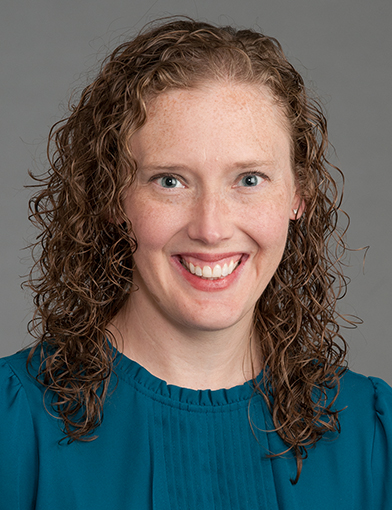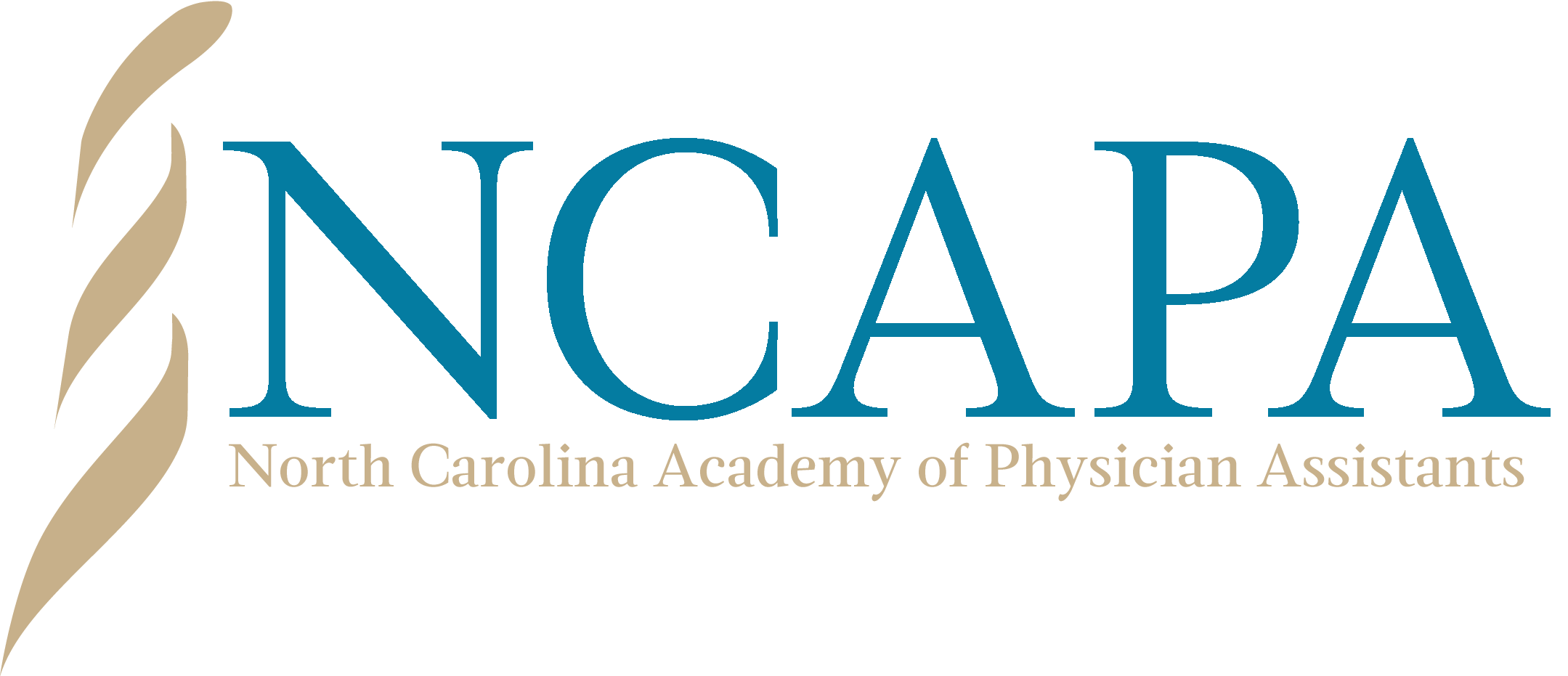“Being a PA is more than just medical knowledge. You need to have the soft skills to be successful. My main goal as a PA educator is for students to learn not only medicine, but how to be a good human that takes great care of other humans.” -Toni Jackson, MMS, PA-C
The NCAPA sat down with Director-at-Large, Toni Jackson, MMS, PA-C, and her reflections on not only serving as an NCAPA leader, but on cultivating the next generation of PA leaders through her role as a PA educator and Director of Didactic Education at the Wake Forest University PA Program.

Born and raised in rural central Illinois, Toni had never heard of a PA growing up. Originally on a pre-Med track, this all changed in her junior year of college, when a chance encounter with a PA turned into a career defining moment.
“While I was working at a hospital during college, I met a PA. I had asked about their role on a medical team, basically asking, ‘how are you different?’ They told me about how they had transferred from a different specialty prior to becoming a PA in cardiology.” This spoke to Toni, because in her own words, her dilemma when approaching a career in medicine was, “How in the world do I choose my one thing?”
Toni said, “That was always my hesitation in medicine, because I had such a broad interest in everything. Once I figured out that level of mobility in PAs, I was drawn to it.”
Her exploration of the PA profession was what led Toni to move from Illinois to North Carolina. “I had always heard that North Carolina is a great state for PAs to practice and lead the profession, so in my exploration of PA programs, I attended Wake Forest University and graduated in 2008. I’ve been in North Carolina ever since.”
PA Jackson practiced in family medicine from 2008 through 2016, at the same location where she completed her family medicine rotation during her clinical year in PA school. Afterwards, she transitioned into PA education in 2016, and returned to Wake Forest University as faculty in 2020. She still practices clinically and has transitioned into ophthalmology.
The NCAPA was curious about her daily routine as a PA within the ophthalmology specialty, and PA Jackson shared, “PAs in the specialty can do a variety of different things, but contrary to what most people assume, I don’t treat the eyes directly.”
Instead, PA Jackson screens patients and conducts pre-operative care prior to surgery. “I love the act of catching stuff in medicine,” she said. “Being able to identify a life-threatening heart murmur on someone before they go into surgery and then addressing and working through those diagnoses first prior to their surgery, make up some of what I enjoy the most in my role.”
The NCAPA asked PA Jackson if there was a patient story that still sticks with her throughout her career. “I had a patient who I took care of for several years who taught me the most about not just medicine, but also social determinants of health and how they impact patients in healthcare,” she shared. “Before her, I operated under this model of, ‘you come to see me, I diagnose you, I further evaluate, and treat.’ Beyond that, I did not have a clue how different insurance plans and different health coverage – or lack thereof – can hinder patients’ access to care, and the length at which outside factors aside from medication or procedures can impact a patient’s overall health.”
As an assistant professor in PA studies at Wake Forest, PA Jackson shared that this knowledge of social determinants of health is a core component of what students are exposed to. “With that patient, I learned how to navigate this journey through the healthcare system and how to best advocate for my patients on all fronts. I also took away how important it is to incorporate that knowledge in the PA school curriculum, in order for our students to become providers that meet patients where they are at.”
“In inquiry-based learning, our students learn of patients that feel real to them, who have stories and not just diagnoses. We purposefully ingrained our patient cases to become multifaceted, so students learn of policy issues, social sciences issues, and other social determinants of health. This allows us to continue to develop PA leaders.” -Toni Jackson, MMS, PA-C
On how PA Jackson came to get involved in the Academy, she shared that it was through word of mouth from her closest PA colleagues and dear mentors. “I’ve always kept up with [NCAPA] events, but I had colleagues and mentors who were very involved in the academy, which showed me what kind of impact I could have, and it inspired me to do more.”
PA Jackson’s term as NCAPA Director-at-Large is coming to an end in 2024, but her reflections and takeaways from getting involved are everlasting. “Being a Director-at-Large showed me a lot of what the NCAPA can really do for PAs in support and education, and it was an exciting role. One area that I was not as well-versed in was the advocacy component. Even though I’ve been a practicing PA for years, living and practicing and serving patients in this state, I did not know much about the government affairs aspect of PA practice, and it has motivated me to continue learning more. This has been a really rewarding experience.”
In her free time, Toni enjoys playing with her two daughters (seven and nine years old), and traveling as a family, together with her husband who is a pilot. And if PA Jackson was not a PA, what would she be doing instead? “I would be a florist,” she said quickly. “I love all things gardening and growing.”
PA Jackson continues to grow and foster the future generation of PAs as an educator, and the NCAPA thanks her for her work as a Director-at-Large of the Academy.

